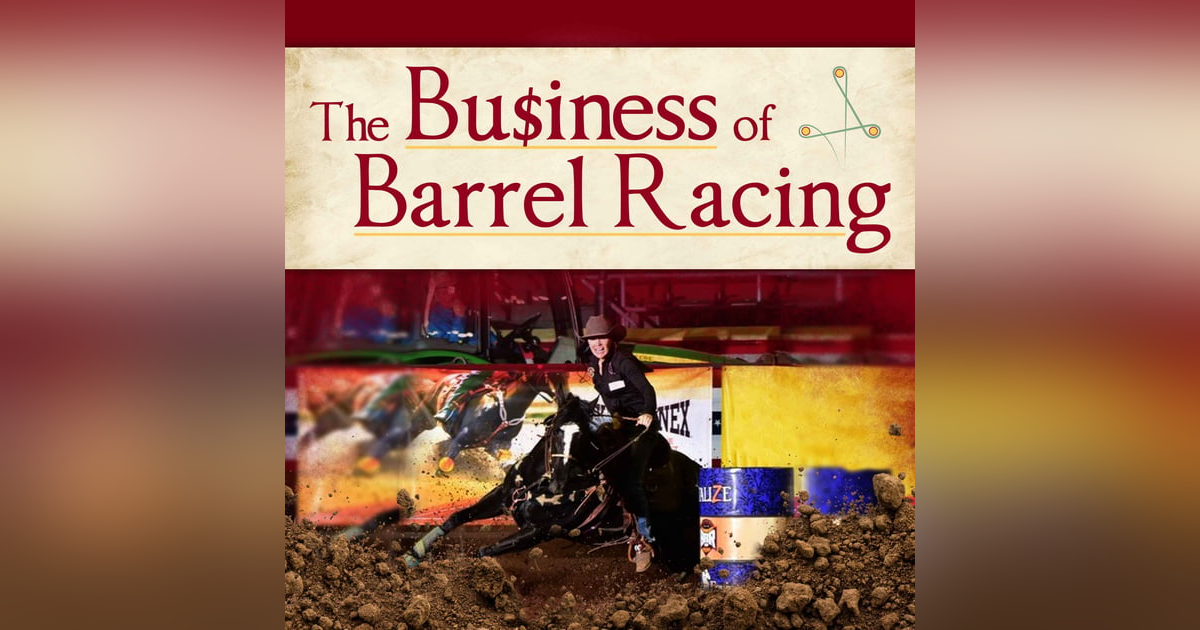Dr. Beau Whitaker--Pre-Purchase Exams

Dr. Beau Whitaker specializes in Lameness and Sports Medicine, Equine Rehabilitation, Regenerative Medicine and Diagnostic Imaging at Brazos Valley Equine Hospital in Salado, TX. Brazos Valley Equine was onsite for the WPRA Finals and Dr. Whitaker agreed on an impromptu podcast interview to talk about pre-purchase exams.
Dr. Beau Whitaker—Brazos Valley Equine Hospitals
Pre-Purchase Exams
Welcome to The Business of Barrel Racing Podcast coming to you this week from the WPRA World Finals in Waco, TX. Dr. Beau Whitaker specializes in Lameness and Sports Medicine, Equine Rehabilitation, Regenerative Medicine and Diagnostic Imaging at Brazos Valley Equine Hospital in Salado, TX. Brazos Valley Equine was onsite for the WPRA Finals and Dr. Whitaker agreed on an impromptu podcast interview to talk about pre-purchase exams.
I feel like a good pre-purchase exam is a non-negotiable part of buying a performance horse or any arena prospect. There is enough risk between the time you acquire a horse until the time they reach the arena that I try as hard as I can to start with a good clean slate. It’s an expense that I know I have to just eat if the horse doesn’t pass the exam, but in the end it’s going to be a lot cheaper than buying a horse that could fall apart or have an unforeseen issue in the future.
Before going into any horse purchase it’s important to think of a budget to not only include the purchase price of the horse, but also the ongoing maintenance needs. If you find a deal on a horse and it frees up some money to put towards future maintenance like joint injections or medications, then having some findings in a pre-purchase exam might not be that big of a deal.
At higher-stakes types of sales there is usually an opportunity to either contact the horse owner ahead of time to schedule a pre-purchase exam ahead of the sale, or an x-ray repository that you can have your own vet look at to give opinions on any concerns.
A pre-purchase exam doesn’t guarantee that you aren’t going to have some type of issue with the horse in the future, but it’s a good way to see what issues might already be presenting themselves, or what might be reasonably foreseeable. If you buy a horse with a thorough pre-purchase exam, you have a good idea of where that horse is physically at the time of purchase. So if you start having issues a few months or even a year later, you have a baseline that you can compare new radiographs to. It can help to identify the source of an issue or to rule things out.









